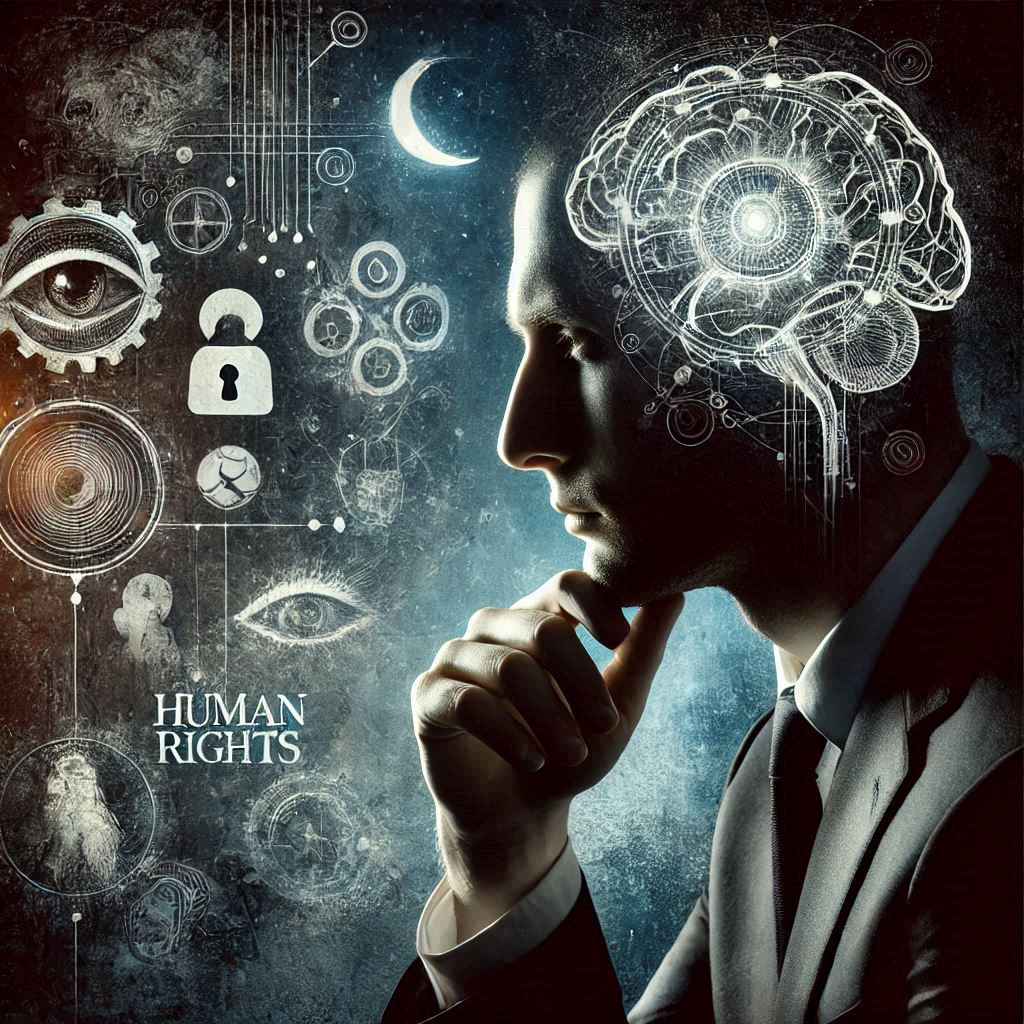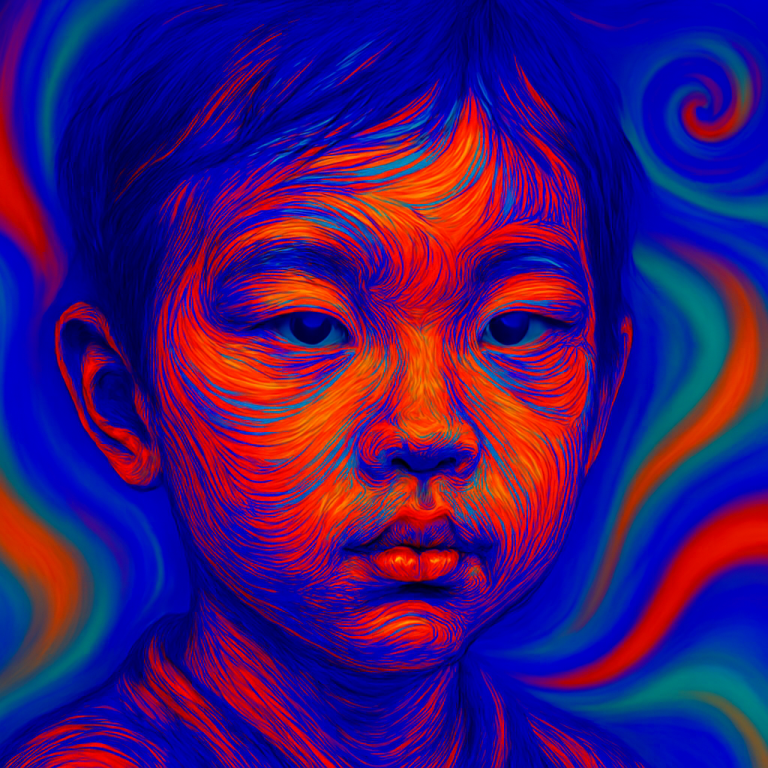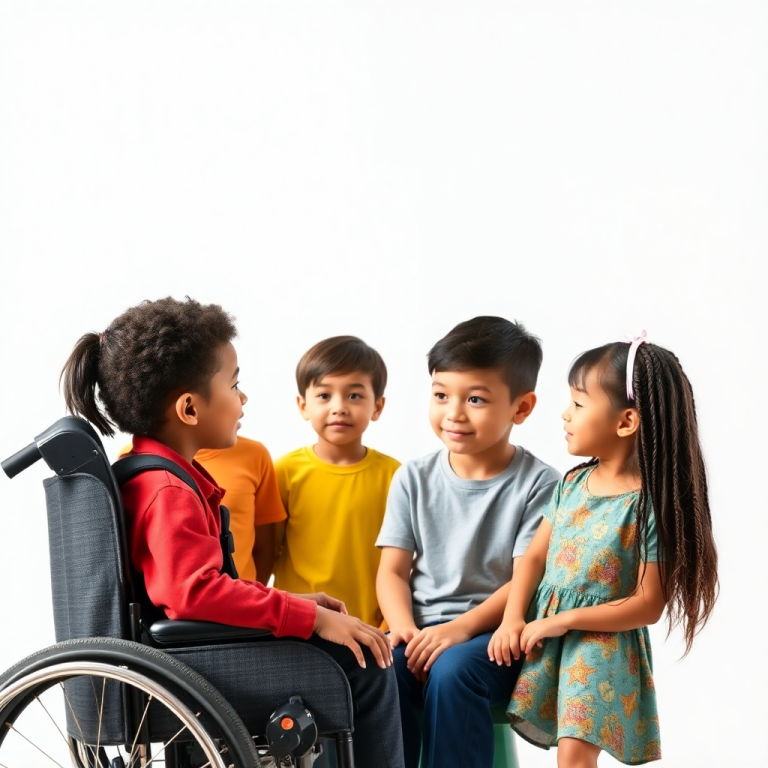Human Rights Strange Psychology To Balance Powerful Equality
Human Rights Psychology
The Psychology of Human Rights
Human rights are the fundamental principles that every person is inherently entitled to, simply because they are human. These rights include freedom of speech, equality before the law, freedom of thought, and more. They ensure that every individual can live with dignity, freedom, and respect. Psychologically, the recognition and protection of human rights are crucial for the development and well-being of individuals and societies.
The importance of human rights extends beyond legal frameworks; it profoundly impacts psychological health and societal cohesion. When people live in environments where their human rights are respected and protected, they experience higher levels of psychological well-being. This includes greater self-esteem, reduced stress, and a stronger sense of belonging and purpose. These positive psychological outcomes contribute to healthier, more resilient communities.

The Value of Appreciating Human Rights
The Risk of Complacency
Living in a society where human rights are upheld can sometimes lead to complacency. People may take these rights for granted, assuming they are inviolable and permanent. This complacency can lead to a lack of vigilance in protecting and promoting human rights, making societies vulnerable to potential erosion of these rights.
The Danger of Undermining Human Rights
Undermining human rights, even in seemingly small ways, can have significant psychological repercussions. It can lead to feelings of helplessness, fear, and mistrust among individuals and groups. When people start to question the value of human rights, it can create divisions and weaken the social fabric that holds communities together.

Embracing the Psychology of Human Rights
Cultivating Awareness and Appreciation
To prevent the complacency and undermining of human rights, it is essential to cultivate awareness and appreciation for these rights. This can be achieved through education, open dialogue, and active participation in promoting and defending human rights. By fostering a culture of respect and understanding, individuals can better appreciate the significance of human rights in their lives.
The Role of Empathy and Compassion
Empathy and compassion play a crucial role in the psychology of human rights. By understanding and sharing the feelings of others, individuals can develop a deeper appreciation for the importance of human rights. This empathy drives collective action to protect and promote human rights, ensuring that everyone can enjoy a life of dignity and respect.

The Historical Context of Human Rights
Evolution of Human Rights
The concept of human rights has evolved over centuries, influenced by philosophical, religious, and legal developments. From the Magna Carta to the Universal Declaration of Human Rights, each milestone has contributed to the modern understanding of human rights. Understanding this historical context helps us appreciate the struggles and triumphs that have shaped our current human rights framework.
Psychological Impact of Historical Injustices
Historical injustices, such as slavery, colonization, and discrimination, have left deep psychological scars on individuals and communities. These traumas can persist across generations, affecting mental health and social cohesion. Acknowledging and addressing these historical wounds is essential for healing and promoting human rights.
The Role of Education in Human Rights
Human Rights Education
Education plays a vital role in promoting and protecting human rights. By incorporating human rights principles into curricula, schools can cultivate a culture of respect and understanding. Human rights education empowers individuals to recognize and challenge injustices, fostering a more just and equitable society.
Psychological Benefits of Human Rights Education
Human rights education not only informs but also empowers individuals. It enhances critical thinking, empathy, and civic engagement, contributing to personal and societal well-being. Psychologically, individuals who are educated about human rights are better equipped to advocate for themselves and others.

The Interconnection of Human Rights and Mental Health
Human Rights Violations and Mental Health
Violations of human rights, such as torture, discrimination, and poverty, can have severe psychological consequences. These violations can lead to trauma, anxiety, depression, and other mental health issues. Protecting and promoting human rights is essential for safeguarding mental health.
Promoting Mental Health through Human Rights
Ensuring access to mental health services is a fundamental human right. By recognizing the interconnection between human rights and mental health, societies can create supportive environments that promote psychological well-being. Policies and practices that uphold human rights contribute to healthier, more resilient communities.
The Future of Human Rights
Emerging Human Rights Challenges
As the world evolves, new challenges to human rights emerge. Issues such as digital privacy, climate change, and artificial intelligence raise complex ethical and psychological questions. Addressing these challenges requires a forward-thinking approach that prioritizes human dignity and well-being.
The Role of Global Solidarity
Global solidarity is essential for addressing human rights challenges. By working together, nations and individuals can promote and protect human rights on a global scale. Cultivating a sense of shared responsibility and empathy fosters a more just and equitable world.

The Consequences of Ignoring Human Rights
Psychological Impact on Individuals
When human rights are ignored or violated, individuals suffer greatly. The psychological toll can manifest as trauma, anxiety, depression, and a sense of helplessness. Victims of human rights abuses often experience long-term mental health issues that can affect their quality of life and ability to function in society.
Societal Repercussions
Ignoring human rights has far-reaching consequences for society as a whole. It can lead to social unrest, increased crime rates, and weakened social cohesion. When people feel that their rights are not respected, it erodes trust in institutions and can fuel cycles of violence and retaliation.
The Importance of Accountability
To prevent the negative consequences of ignoring human rights, it is crucial to hold violators accountable. Legal frameworks, international cooperation, and strong institutions are essential for ensuring that human rights are protected and upheld. Accountability fosters a culture of respect for human rights and deters future violations.
Conclusion
In conclusion, the psychology of human rights highlights the profound impact these rights have on individual and societal well-being. Appreciating and protecting human rights is essential for fostering healthy, resilient communities. By cultivating awareness, empathy, and compassion, we can ensure that human rights remain a cornerstone of our societies, benefiting everyone.
Ignoring human rights can have severe psychological and societal repercussions. It is our collective responsibility to promote and protect human rights to create a more just and equitable world. Through education, empathy, and accountability, we can build a future where human rights are respected and cherished by all.
Join the Discussion
How do you think human rights impact individual and societal well-being? What are your experiences with human rights education and its psychological benefits? Have you witnessed the consequences of ignoring human rights in your community or globally?








I’m extremely impressed along with your writing talents as smartly as with the format
for your blog. Is that this a paid subject or
did you modify it yourself? Anyway stay up the excellent high quality writing, it’s uncommon to
look a nice blog like this one nowadays. Youtube Algorithm!